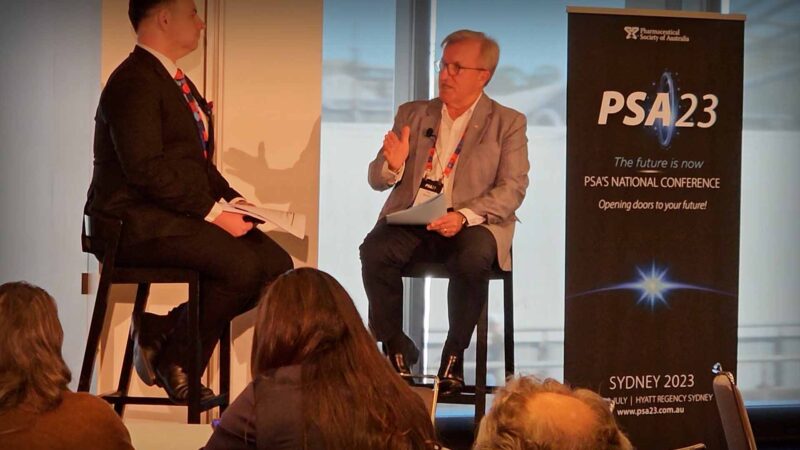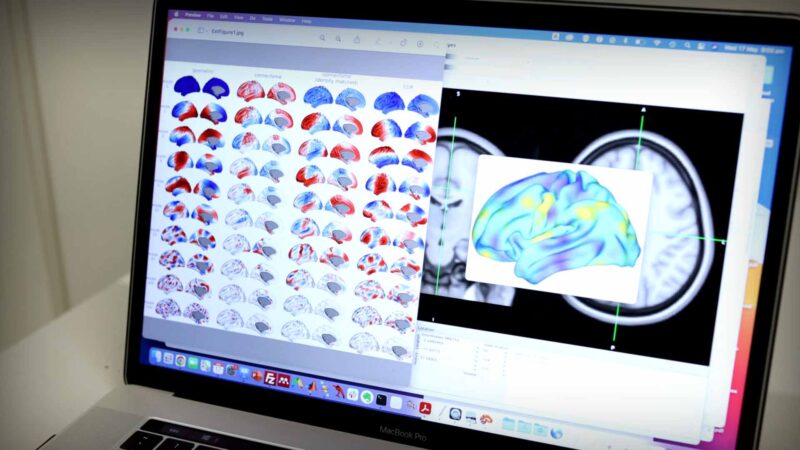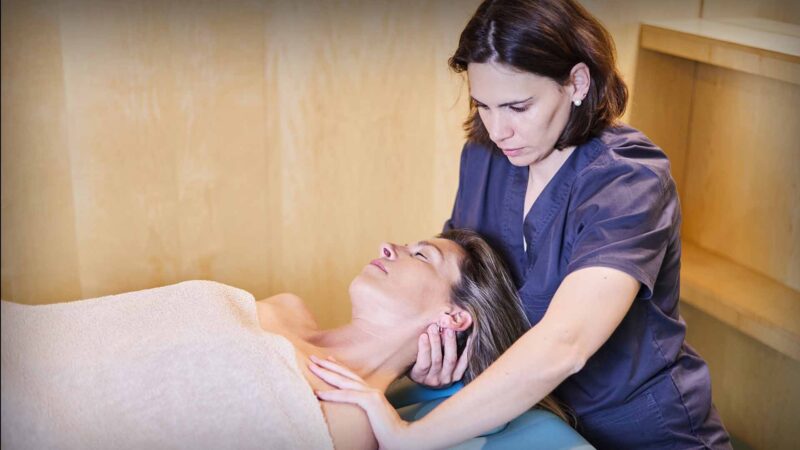COLLABORATION TO DEVELOP EVIDENCE-BASED STRATEGIES TO HELP IMPROVE OSTEOARTHRITIS MANAGEMENT Haleon and University of Sydney launch 5-Year fellowship to research efficacy of dietary supplements
SEGMENT
Filmed in Sydney and online | February 2025
INTERVIEWS
Professor David Hunter,
Florance and Cope Chair of Rheumatology
Co-Director Sydney Musculoskeletal Health Flagship,
University of Sydney
Dr Bincy Thampi,
Medical & Scientific Affairs Lead
Haleon ANZ
Osteoarthritis is a leading cause of disability affecting over 2 million Australians, according to Australian Institute of Health and Welfare report on Chronic musculoskeletal conditions (2024) and 595 million people globally, according to BD 2021 Osteoarthritis Collaborators. Global, regional, and national burden of osteoarthritis, 1990–2020. It represents a significant public health burden that diminishes quality of life among ageing populations.
Consumer healthcare company Haleon is sponsoring a five-year named fellowship program at the University of Sydney that will investigate the therapeutic role of supplements in managing osteoarthritis symptoms and digital health technologies that improve mobility.
The fellowship will fund a postdoctoral researcher to work under the guidance of world leading osteoarthritis expert, rheumatologist and researcher Professor David Hunter.
Australian Health Journal spoke with Professor Hunter who said the research collaboration represents a shared focus and investment in improving osteoarthritis management: “This is a disabling disease that has a huge impact on the people affected.”
“A collaborative effort between researchers and manufacturers will drive innovation and hopefully improve the lives of those impacted by this devastating disease. Use of supplements and natural ingredients in managing osteoarthritis is an exciting area with a lot of potential. I’m not aware of any other long-term, five-year projects of this nature that has osteoarthritis as its focus,” said Hunter.
Haleon and the University of Sydney have a shared goal of finding better management strategies for osteoarthritis and developing better outcomes for the people affected.
Dr Bincy Thampi, Medical & Scientific Affairs Lead at Haleon ANZ, also spoke with Australian Health Journal and says, “Haleon has a strong commitment to scientific research that drives innovative self-care and improves consumer health outcomes.”
“This partnership illustrates Haleon’s commitment to advancing trusted science for our products to better everyday health and we’re excited to see where this partnership with University of Sydney leads,” said Dr Thampi.
You Might also like
-
Addressing Pharmacy challenges at home and abroad
Paul Sinclair’s progression through the ranks of the International Pharmaceutical Federation (FIP) demonstrates the impact and influence he’s had in representing the pharmacy profession on a global scale. In this Australian Health Journal interview, Paul talks about the 4 themes in the upcoming FIP Congress in Brisbane this month. He also talks about the challenges facing pharmacy with remuneration, professional service delivery and the workforce coming out of the COVID era.
-
Landmark brain shape study
For over a century, researchers have thought that the patterns of brain activity that define our experiences, hopes and dreams are determined by how different brain regions communicate with each other through a complex web of trillions of cellular connections.
Now, a Monash University Turner Institute for Brain and Mental Health-led study has examined more than 10,000 different maps of human brain activity and found that the overall shape of a person’s brain exerts a far greater influence on how we think, feel and behave than its intricate neuronal connectivity.
-
Improving access to osteopathic services and integrated care models
The Chief Executive Officer of Osteopathy Australia, Antony Nicholas spoke with Australian Health Journal about:
– Involvement in the Strengthening Medicare Task Force
– The unique skills osteopaths have that can address the chronic disease burden
– Current workforce issues around osteopaths and if enough are coming through via student placements
– How uploading data to My Health Record by osteopaths could assist team-based care of patients
– How the value of osteopaths in Residential Aged Care Facilities (RACFs) could be better understood and better access for residents
– The recommendations around aged care access to allied health services, including osteopathy
– The recommendations around consumer access to osteopaths and GP referrals
– Other osteopathy recommendations in the upcoming Federal BudgetIn the lead up to the Australian Federal Budget in May 2023, Australian Health Journal reached out to peak health industry bodies to hear about their priorities, either noted in pre-budget submissions lodged with Federal Government in January 2023 or in recent forums such as the Strengthening Medicare Taskforce.



